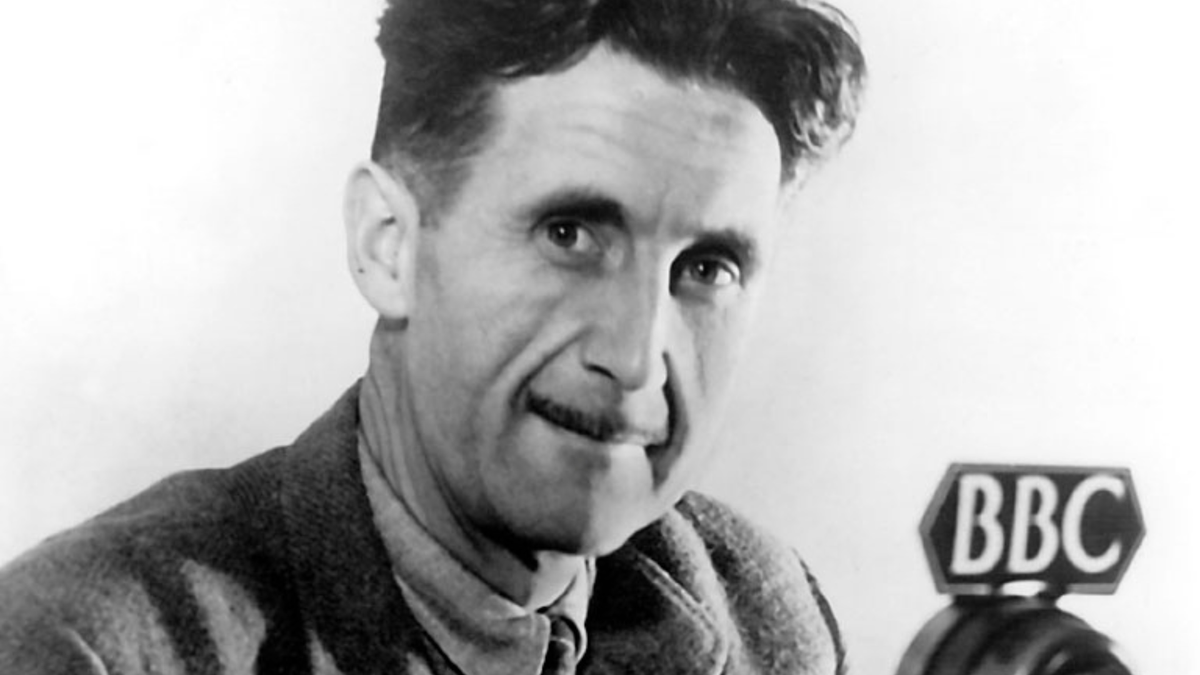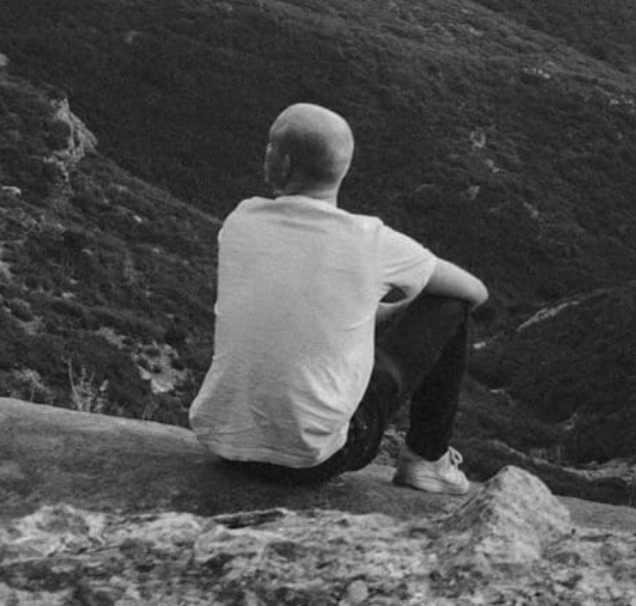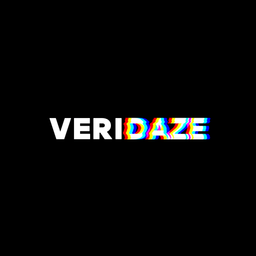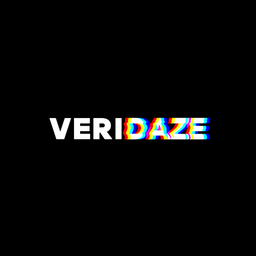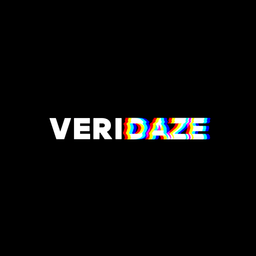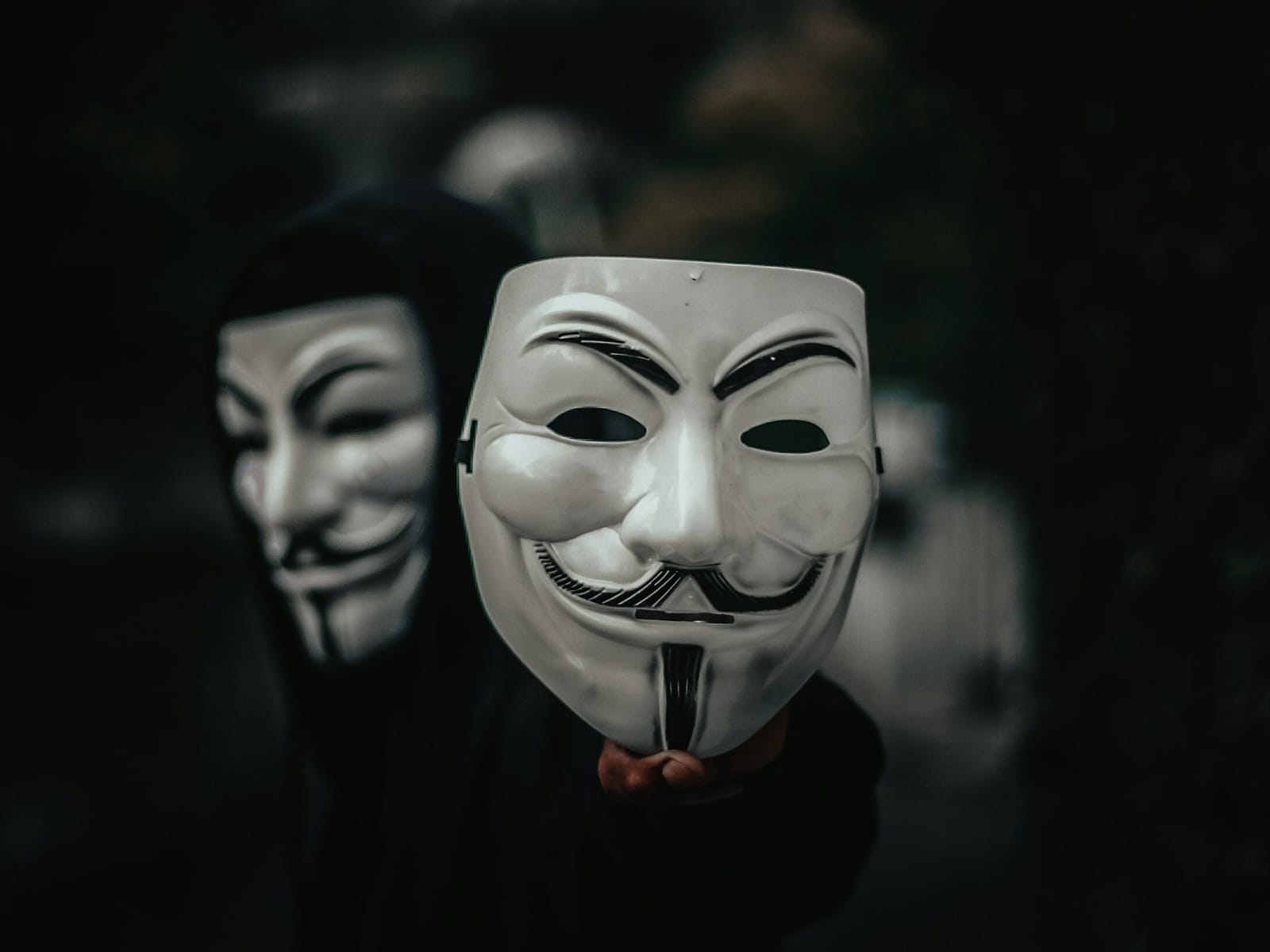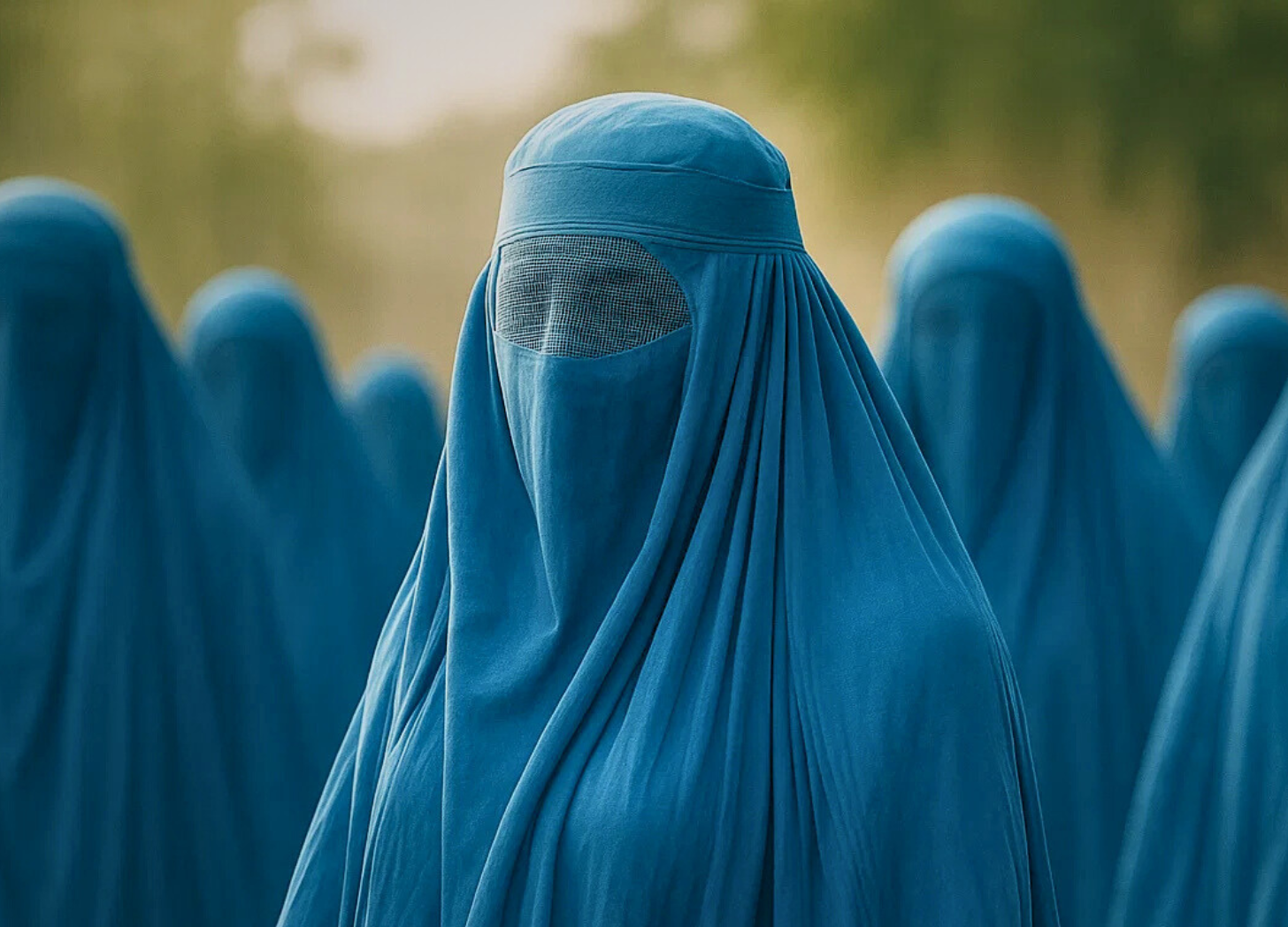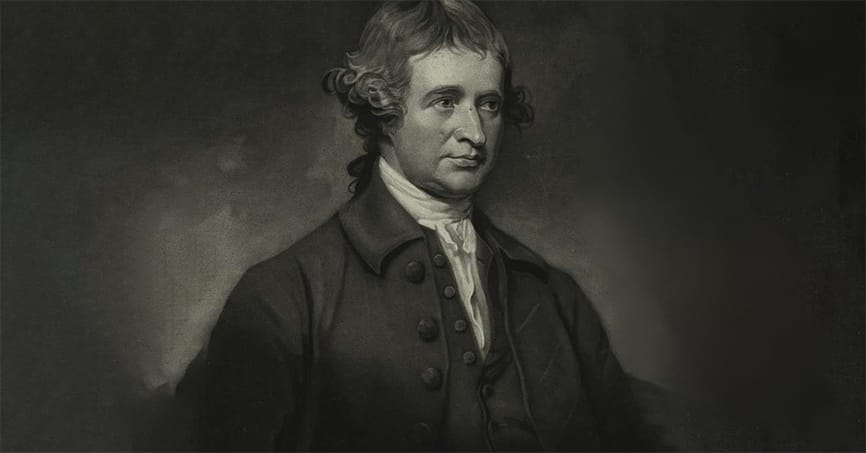The spirit of awakening
There was a time when the word "woke" carried a kind of moral freshness. It was not yet a sneer or a slogan, but a serious idea: that societies, for all their triumphs, harbour injustices they have trained themselves not to see. To be woke was not merely to feel — it was to notice, to attend carefully to the ways in which exclusion and prejudice could become invisible through familiarity. It was a project rooted in humility: the recognition that moral certainty is often a luxury afforded to those who have never had to question the terrain on which they walk.
This spirit of awakening was, at its best, an invitation to curiosity rather than condemnation. It asked hard questions — about whose voices were excluded from the story, whose histories were buried, whose lives were rendered peripheral to the great mythologies of progress. It urged those with power to listen before speaking, to look again at assumptions they had long mistaken for common sense. It was slow, difficult work, and often thankless. But it spoke to the best instincts of a liberal society: the impulse not merely to celebrate itself, but to examine itself honestly.
It resembled, in some respects, what Immanuel Kant once described as the struggle to awaken from "dogmatic slumber" — the effort to think independently, to question inherited ideas rather than simply reproduce them. There was a spirit of moral imagination at work, an openness to the possibility that we, too, might be wrong in ways we could not yet see.
The shift from inquiry to orthodoxy
Of course, success is a dangerous thing. Movements that thrive on a sense of outsider status tend to struggle when they gain institutional influence. What begins as an ethic of vigilance can harden into a system of enforcement; what starts as a call to greater awareness can calcify into a rigid orthodoxy. This is hardly a new story. Revolutions of the mind, like political revolutions, tend to produce their own hierarchies, their own heresies, their own rituals of purification. The energy that once drove inquiry can turn inward, purging nuance in the search for ever-purer expressions of loyalty.
It was not long before the early spirit of wokeness, which had once encouraged questioning, began to reward certainty. Where the movement had once asked what injustices might lie hidden beneath the surface of polite society, it began increasingly to insist that these injustices were obvious to any morally competent person — and that failure to affirm them in the correct language was itself a form of violence. New taboos proliferated; new categories of sin were invented. Curiosity became a liability. Doubt became a symptom of complicity.
Language, once a tool of exploration, became a battleground. New terminologies emerged — intricate, expanding, and mandatory. Failure to master this evolving vocabulary, or worse, questioning its assumptions, became grounds for suspicion. The shift was subtle at first, then total. Words that had long served as bridges between differing perspectives — words like "woman," "racism," even "truth" — became ideological minefields. The aim was no longer to uncover shared understandings, but to assert ownership over meaning itself.
This transformation was driven by a kind of moral impatience. If injustice was so obvious, what excuse could there be for failing to recognise it? Only bad faith or privilege, it was assumed, could explain dissent. Those who hesitated, who asked awkward questions or pointed out internal contradictions, were treated not as fellow travellers in a common project, but as obstacles to be removed.
In this new atmosphere, cancellation — once an exceptional response to truly egregious behaviour — became routine. Public shaming, deplatforming, demands for apology and ritual self-abasement spread beyond the boundaries of celebrity culture into everyday life. Academics, authors, comedians, even private individuals found themselves subjected to moral inquisition for offences often minor, misunderstood, or fabricated altogether. The energy that had once been directed outward, toward genuine injustices, now turned inward, policing the borders of the tribe with increasing zeal.
All of this might have been survivable had it remained a parochial matter within activist circles. But the new orthodoxy spread rapidly, aided by a social media infrastructure that, as Martin Gurri has shown in The Revolt of the Public, rewards outrage and dismantles old mediating institutions without building anything stable in their place. Corporate HR departments, universities, and public institutions scrambled to align themselves with the new moral codes, often without understanding their origins or implications.
In the process, a new elite was born: not one defined by wealth or aristocratic lineage, but by moral credentials. Those who could most fluently speak the language of grievance, who could most vehemently denounce ideological enemies, rose in status and influence. Social capital was no longer tied to achievement or service, but to the demonstration of tribal loyalty.
But of course, history has a sense of humour. The backlash that came to oppose this new orthodoxy would not, as some had hoped, restore the spirit of open inquiry. It would instead take the tools of enforcement, of tribalism, and of moral certitude — and wield them in turn.
The birth of the counter-woke movement
Predictably, the backlash was not long in coming. The so-called counter-woke movement — or, as James Lindsay termed it, the "woke right" — presented itself as a necessary corrective. It spoke in the language of freedom: freedom of speech, freedom of inquiry, freedom to dissent from fashionable orthodoxy without fear of social or professional ruin. It framed itself not as a new tribe, but as a refusal of tribalism; not as a new dogma, but as the defence of pluralism.
Peterson and Rogan discussing my explanation of the Woke Right, and it's solid. Peterson is unaware that I don't think Woke is behaviors or ideas, tho. It's a worldview and epistemology built in service to the psychopathologies he describes, and I've been saying so for a decade. pic.twitter.com/bPFebG3fEc
— James Lindsay, anti-Communist (@ConceptualJames) April 22, 2025
Many were drawn to this vision, not because they rejected the ideals of justice that had once animated the original awakening, but because they sensed these ideals were being distorted into a weapon of social control. Writers, thinkers, comedians, even some politicians rallied behind the idea that disagreement must not only be tolerated but celebrated.
For a time, it seemed possible that the counter-woke would restore the conditions necessary for a vibrant intellectual culture. But ideals are one thing; movements are another. The need for belonging, for moral certainty, for a clear division between heroes and villains, proved stronger than the impulse towards complexity. Resistance to tribalism mutated into tribalism under a different banner.
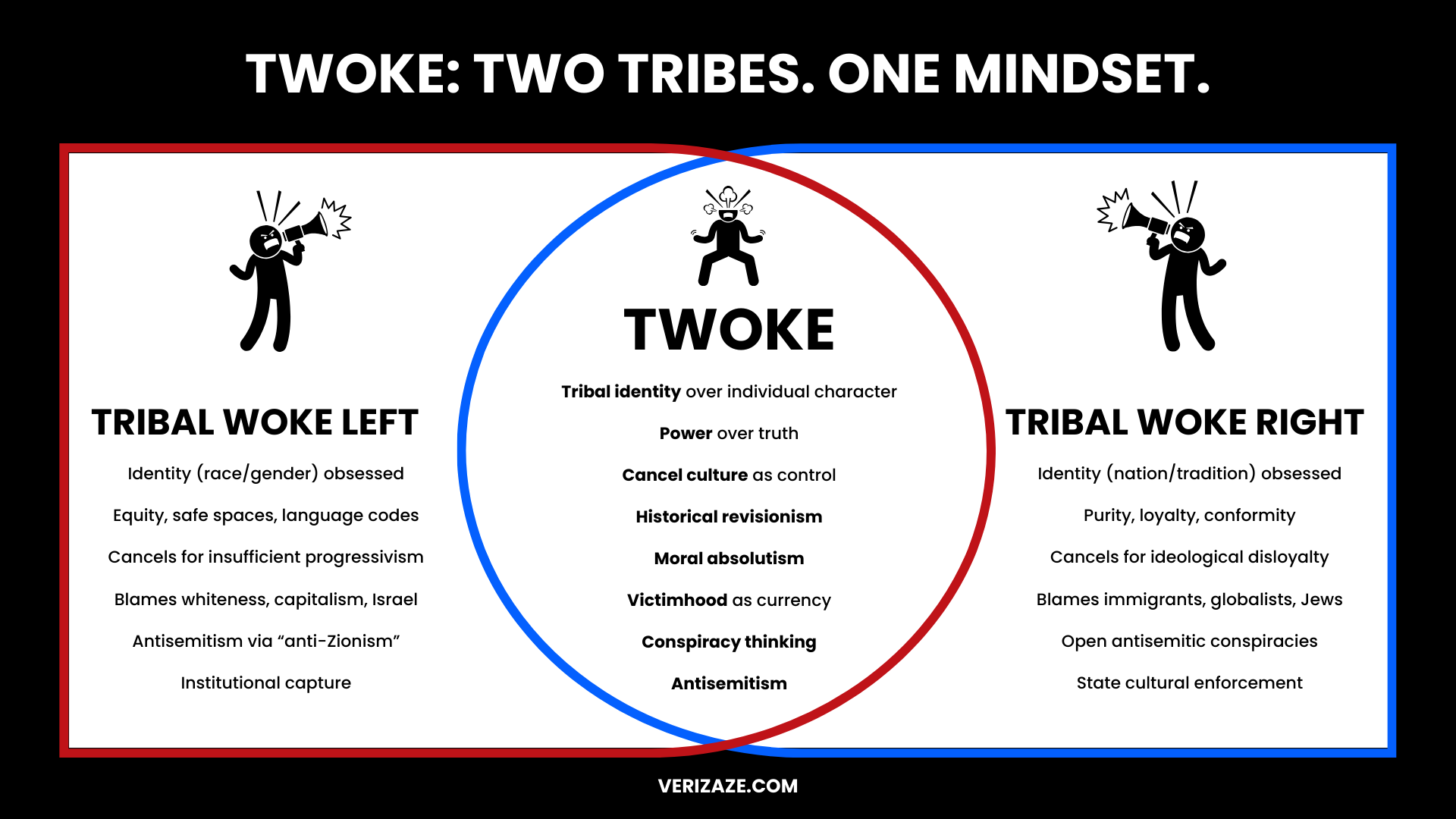
Mirror wars: how the woke right replicated the woke left
It was not long before the counter-woke began to mirror the very tendencies it had set out to resist. Where once it had defended the right to offend, it began to enforce its own codes of acceptable speech. Where once it had celebrated scepticism, it began to demand ideological purity. Where once it had valued complexity, it now punished deviations from a new orthodoxy, often rooted in nationalism, cultural grievance, or reactionary identity politics.
The woke left and the woke right, each convinced of its own moral superiority, now mirror each other with uncanny precision. Both trade in grievance narratives. Both elevate loyalty above truth. Both distort history to serve present grievances. Both indulge in conspiracy theories — about hidden cabals, stolen cultures, and corrupt elites — that flatter their sense of embattlement and justify hostility to outsiders.
Jonathan Haidt’s work on tribal psychology captures this perfectly: the deeper the group loyalty, the more reason is twisted to serve belonging, not truth.
Even their rhetoric has begun to overlap. Accusations of "systemic oppression" find their echo in cries of "great replacement." Demands for ideological purity in progressive spaces are matched by equally rigid demands for cultural conformity in conservative ones. In both camps, the heretic is more despised than the honest opponent.
This is not a war between enlightenment and ignorance. It is a war between two mirror images of tribalism — two sides that, in their effort to destroy each other, have become each other.
The emergence of 'twoke' culture
Today, the distinction between woke and counter-woke has largely collapsed into a new cultural form — one that demands a new name.
Let’s call it twoke: the culture of tribal wokeness.
Twoke is not an ideology in the traditional sense. It has no coherent political programme beyond the assertion of group identity and the policing of loyalty. It is a mode of being, a posture towards the world. It thrives on certainty, outrage, and belonging. It punishes nuance as weakness, treats complexity as betrayal, and replaces debate with ritual denunciation.
It transcends the old political divides. It is visible on the nationalist right as on the identitarian left, in alternative media as in captured institutions. It turns disagreement into an existential threat. It makes the habits that sustain a free society — doubt, inquiry, reflection — not merely difficult but disloyal.
Twoke is seductive because it offers certainty at a discount price. It offers belonging without the hard labour of understanding. It offers identity without self-scrutiny. But what it cannot offer — what it cannot even imagine — is the difficult, beautiful work of building a society in which disagreement is not a prelude to exile, and in which justice is not reduced to the victory of one tribe over another.
The spirit of awakening, if it is to be reborn, must resist the call of Twoke. It must find the courage to say what is, in our present climate, the most radical thing a person can say: I do not have all the answers. And I am willing to listen.
Further reading
What is the woke right? — James Lindsay
An introductory exploration of how elements of the right have adopted progressive methods and mindsets.
Is the "woke right" really woke? — James Lindsay
A discussion questioning whether the so-called woke right truly mirrors woke ideology or represents something else.
The revolt of the public — Martin Gurri
A study of how digital technology has empowered mass dissent and weakened traditional authority structures.
The revolt of the public and the crisis of authority — Martin Gurri
An interview expanding on Gurri’s thesis about the public’s growing power and the collapse of institutional trust.
Decoding the tribal psychology of politics — Jonathan Haidt
An exploration of how moral psychology shapes political tribalism and deepens divisions.
Moral foundations theory — Jonathan Haidt
An overview of the moral intuition framework explaining why political groups often talk past each other.
Resignation letter from The New York Times — Bari Weiss
A first-hand account of ideological conformity and the stifling of dissent inside major media institutions.
We all live on campus now — Andrew Sullivan
An analysis of how campus-style ideological purity has spread into wider society.
If you found this useful, consider subscribing for more thought-provoking essays. And feel free to share your take in the comments.
You might also like:

